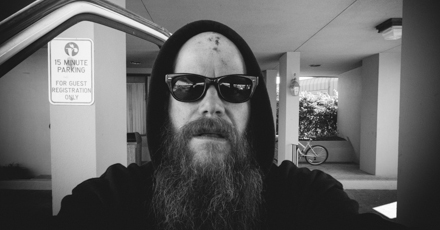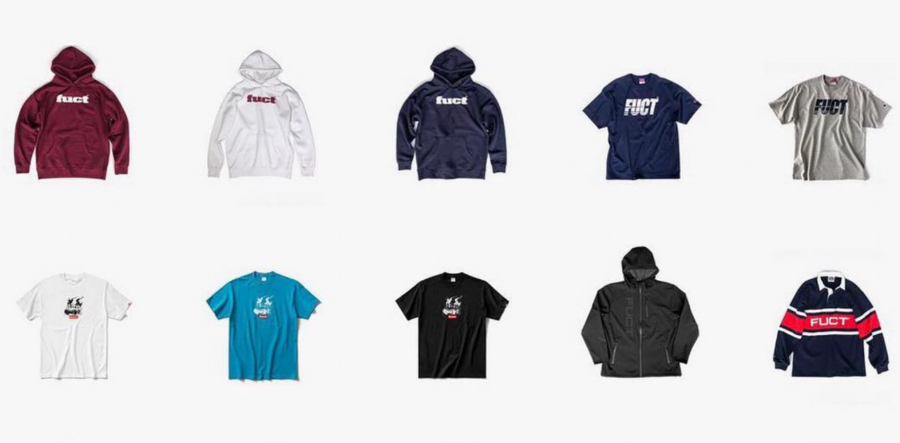Romanche is spoken in southern Switzerland.
Romansh (also spelled
Romansch,
Rumantsch, or
Romanche; Romansh:
rumantsch,
rumàntsch,
romauntsch or
romontsch) is a
Romance language spoken predominantly in the southeastern
Swiss canton of
Grisons (Graubünden), where it has
official status alongside German and Italian. It is used as the medium of instruction in schools in Romansh-speaking areas. Romansh has also been recognized as a national
language of Switzerland since 1938, and as an official language since 1996, along with
German,
French and
Italian. It is sometimes grouped by linguists with
Ladin and
Friulian as a
Rhaeto-Romance language, though this is disputed.
Romansh is one of the descendant languages of the
spoken Latin language of the
Roman Empire, which by the 5th century AD replaced the
Celtic and
Raetic languages previously spoken in the area. Romansh retains a small number of words from these languages. Romansh has also been strongly influenced by German in vocabulary and
morphosyntax. The language gradually retreated to its current area over the centuries, being replaced in other areas by
Alemannic and
Bavarian dialects. The earliest writing identified as Romansh dates from the 10th or 11th century, although major works did not appear until the 16th century, when several regional written varieties began to develop. During the 19th century the area where the language was spoken declined, but the Romansh speakers had a literary revival and started a language movement dedicated to halting the decline of the language.
In the 2000 Swiss census, 35,095 people (of whom 27,038 live in the canton of
Grisons) indicated Romansh as the language of "best command", and 61,815 as a "regularly spoken" language.
[6] In 2010, Switzerland switched to a yearly system of assessment that uses a combination of
municipal citizen records and a limited number of surveys.
[7] Based on this yearly system, the number of people aged 15 and above reporting Romansh as their main language was 36,622 in 2012.
[1] Spoken by around 0.9% of Switzerland's 7.7 million inhabitants, Romansh is Switzerland's least-used national language in terms of number of speakers and ranks eleventh in terms of most spoken languages in Switzerland overall.
[8] The language area and number of speakers of Romansh have been continually shrinking, though language use remains vigorous in certain areas.
Romansh is divided into five different regional dialects (
Sursilvan,
Sutsilvan,
Surmiran,
Putèr, and
Vallader), each with its own standardized written language. In addition, a pan-regional variety called
Rumantsch Grischun was introduced in 1982, which is controversial among Romansh speakers.
Romansh language - Wikipedia

